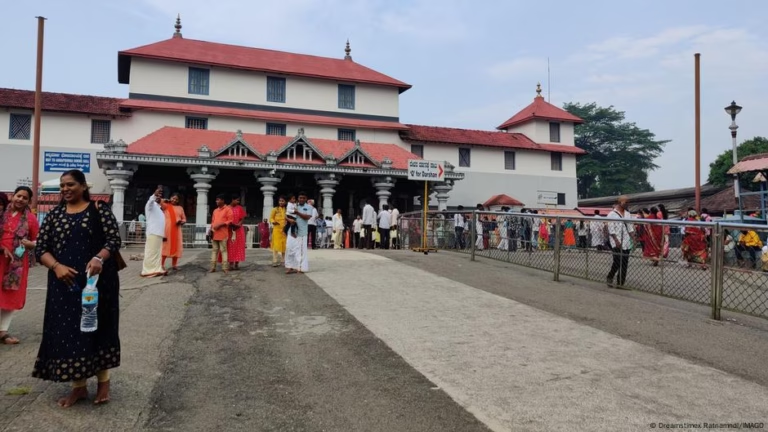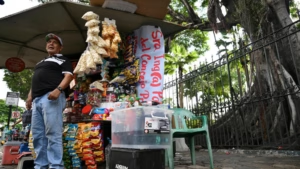Reviving Long-Dormant Plans for Construction on Berlin’s Tempelhofer Feld
<
div>Once a site for the Prussian army and later pivotal during the Berlin Airlift, Tempelhofer Feld, or effectively dubbed Tempelhofer Feld, opened to the public as a recreational space in 2010. Spanning over 300 hectares, it is among the largest green spaces in the world and is beloved by both local residents and tourists.
However, long-abandoned plans to build on this land are now being revived.
Berlin’s government aims to construct multiple five to ten-story buildings and some high-rise structures, intending to reduce the central meadow area from 305 to 180 hectares. Half of the developed area is intended to be commercial space.
A 2014 locally-driven referendum rejected the development plans. Nonetheless, Friedrich Merz, the incoming conservative CDU chancellor, voiced support for building on the land despite local opposition, during the lead-up to the February 2025 federal elections.
Germany’s housing shortage and soaring rents constitute a pressing social issue, with a demand for over 800,000 apartments. Since 2015, median monthly rents in Berlin have risen by 85.2%.
The incoming CDU/CSU-SPD coalition government intends to expedite housing construction, streamline bureaucracy, cut taxes, and provide funding for construction and renovation projects.
The plans have been hailed as a significant leap forward by the Federal Association of German Housing and Real Estate Companies (GdW), particularly noting simplifications in planning laws.
Berlin Seeks Solutions to Housing Crisis
Over 100,000 new apartments are estimated to be necessary to address Berlin’s housing demand. Despite this, the city saw a decline in construction activity in 2023, with only 15,965 apartments completed.
Christian Müller, the chairman of the Association of Architects and Engineers of Berlin-Brandenburg (AIV), supports a decentralized development on the fringes of Tempelhofer Feld, emphasizing the need for affordable housing.
A majority of Berliners are opposed to the development, yet Christian Müller argues the housing situation has changed, suggesting that a substantial number of apartments can be built without overcrowding.
Affordable Housing: A Daunting Promise
Tempelhofer Feld is a nature reserve and a recreational park with a multitude of community projects, significant bird sanctuaries, and extensive community gardens.
Proponents of the preservation act emphasize that complex development risks undermining the very character of the area that residents value.
A public referendum in 2014 overwhelmingly supported keeping the field undeveloped. Since then, the government has initiated consultations and urban planning competitions amid opposition from the Green and Left parties.
“Deviations” from previous non-development commitments might be possible for housing cooperatives under the new coalition agreement. However, there is strong public resistance even to peripheral construction.
Anita Möller from the conservation group “100% Tempelhofer Feld” urges for alternative solutions to housing, advocating for sustainable and democratic urban planning that maintains the environmental integrity of open spaces.
Protection Status Fr Wishful Thinking
For now, the 2014 Preservation Act protects Tempelhofer Feld. However, a majority vote in the Berlin Senate could potentially nullify that protection. Möller doubts that the construction of affordable housing will succeed there.
Möller argues that affordable housing has failed elsewhere, and that preserving the land is essential for environmental and social well-being.






